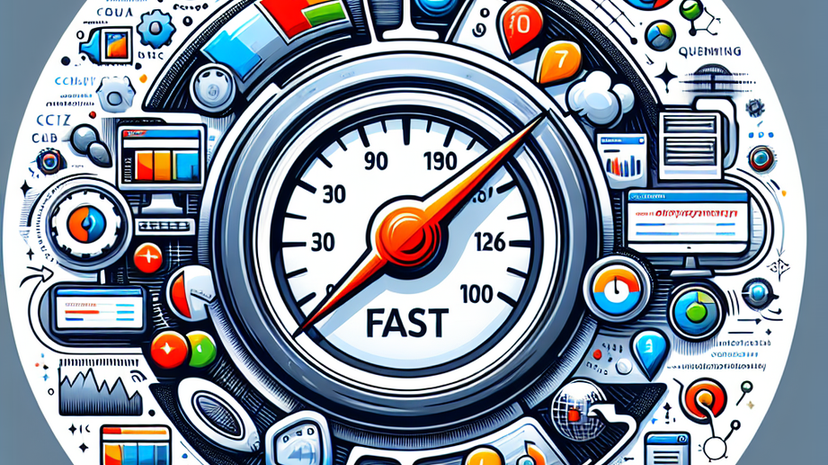In our fast digital world, website performance is key to online success. With users’ shorter attention spans, capturing and keeping visitors is a challenge. Research shows that a five-second loading time increases the chance of a visitor leaving by 90%. So, optimizing page speed is essential to thrive online.
Page speed affects more than user experience; it also impacts search engine rankings. Google considers page speed when ranking on desktop and mobile. So, websites must load quickly on all devices to stay ahead.
So, what can website owners do for faster load times and better user experience? Let’s explore some effective strategies:
1. Caching: Storing copies of web pages reduces server workload and improves load times. Enabling browser caching speeds up loading by loading information faster without reloading the whole page.
2. Choosing the Right Hosting: Investing in a powerful hosting solution optimized for performance is crucial. A reliable host ensures smooth running even with high traffic.
3. Optimizing Media, Plugins, and Code: Images, videos, plugins, and code affect page speed. Compressing images, lazy loading, and using compression techniques improve load times. Disabling and deleting unused plugins removes unnecessary code and boosts speed.
4. Minifying CSS, JavaScript, and HTML: Minifying involves removing unnecessary elements to reduce file sizes and load faster.
5. Mobile Responsiveness: Page speed matters for mobile ranking, so websites must be mobile-friendly. Optimizing for mobile improves both speed and user experience.
6. Content Delivery Networks (CDNs): CDNs improve load speed by hosting and delivering static content from servers worldwide. This reduces distance, latency, and improves performance.
Page speed also affects search engine optimization (SEO). Faster loading pages have lower bounce rates and higher visitor engagement, boosting SEO rankings. Optimizing for speed improves user experience and organic discoverability through search engines.
To measure and get suggestions for improvement, website owners can use tools like Google PageSpeed Insights. This tool analyzes performance and provides valuable insights and recommendations.
Remember, every second counts. Longer load times mean higher chances of visitors leaving and lost business opportunities.
In conclusion, optimizing page speed is crucial for website success. By using strategies like caching, choosing good hosting, compressing media, minifying code, optimizing for mobile, and utilizing CDNs, website owners can improve user experience and search engine rankings. In the online race, every millisecond matters!











